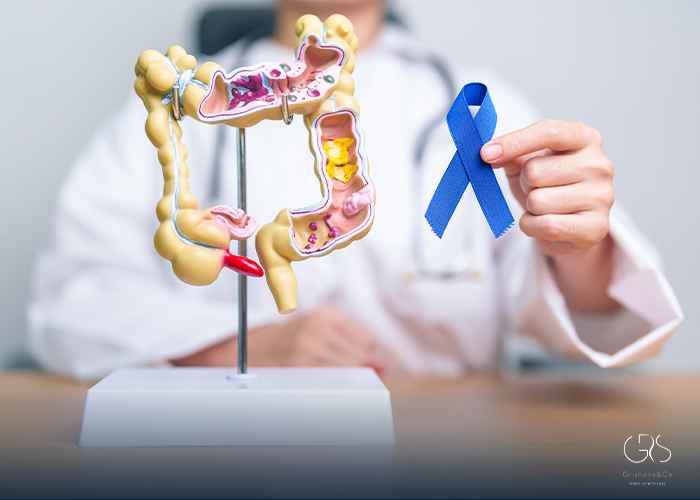Cancer is a formidable adversary that affects millions of lives worldwide. While society is becoming more aware of common cancer symptoms, there are lesser-known signs that are equally crucial to recognize. This article aims to provide a comprehensive and attractive guide on unexpected cancer symptoms, highlighting the importance of early detection to improve survival rates.
Persistent Fatigue:
Fatigue can often be attributed to a demanding lifestyle, stress, or lack of sleep. However, persistent fatigue that persists without any obvious cause can be an underlying symptom of several types of cancers. The article will delve into how to differentiate normal fatigue from potential cancer-related fatigue and present relevant statistics supporting the connection between unexplained tiredness and various cancers.

Changes in Skin:
Unusual changes in the skin, such as discoloration, itching, or increased sensitivity, may indicate underlying skin cancer or even other forms of cancer. By providing information on identifying and assessing changes in the skin, this section will inform readers of the significance of skin symptoms as a potential indication of cancer, providing relevant statistics on skin cancer incidence.

Unexplained Weight Loss:
While weight loss is often seen as a positive outcome, unexplained weight loss that occurs without changes in diet or exercise could be a sign of an underlying health issue, including cancer. This section explains the importance of recognizing unexplained weight loss as a potential cancer symptom, citing relevant statistics on its association with various cancer types.
Persistent Indigestion:
While indigestion is commonly associated with dietary choices or gastrointestinal issues, persistent indigestion that doesn’t respond to typical remedies can serve as an indicator of certain cancers. This section will delve into the relationship between persistent indigestion and specific cancers, offering relevant statistical data to reinforce the importance of recognizing this symptom.
Difficulty Swallowing:
Occasional difficulty swallowing is often overlooked, but persistent difficulty swallowing, known as dysphagia, can be a sign of different types of cancers, particularly those affecting the esophagus or throat. The aim of this section is to educate readers about the significance of dysphagia and its potential link to cancer, providing relevant statistics to underscore its importance.

Urinary or Bowel Changes:
Unexplained changes in urinary or bowel habits can be indicative of various types of cancer, including bladder, prostate, or colon cancer. This section will shed light on the importance of recognizing subtle changes in these bodily functions and their connection to cancer, supported by relevant statistical data.
Persistent Cough:
A persistent cough that doesn’t improve or is accompanied by other symptoms may be indicative of underlying lung cancer or other respiratory-related cancers. This section will present information on recognizing different types of coughs and their association with cancer, incorporating relevant statistics on lung cancer incidence.

Conclusion:
Recognizing unexpected cancer symptoms is vital for early detection, diagnosis, and treatment. This comprehensive guide has highlighted lesser-known signs that could save lives by promoting awareness and prompting timely medical attention. By considering diverse perspectives and incorporating relevant statistics, we hope this article contributes to raising awareness about unexpected cancer symptoms, leading to improved survival rates and better health outcomes for individuals worldwide.
Sources
- cancer.net, Fatigue and Cancer: Causes and Management
- American Cancer Society, Signs and Symptoms of Cancer
- Skin Cancer Foundation, Skin Cancer Facts & Statistics










